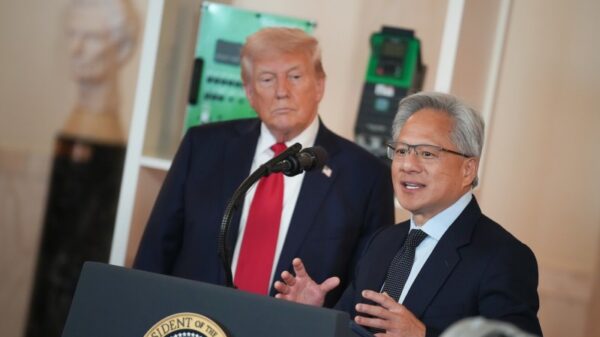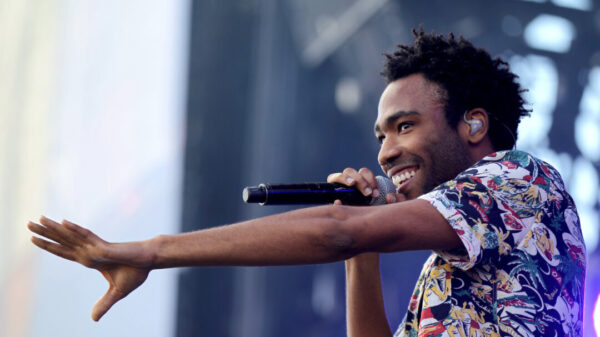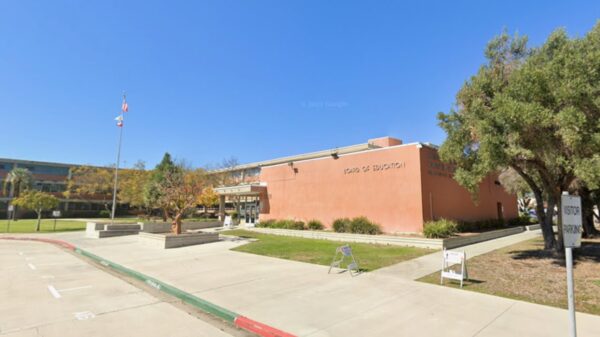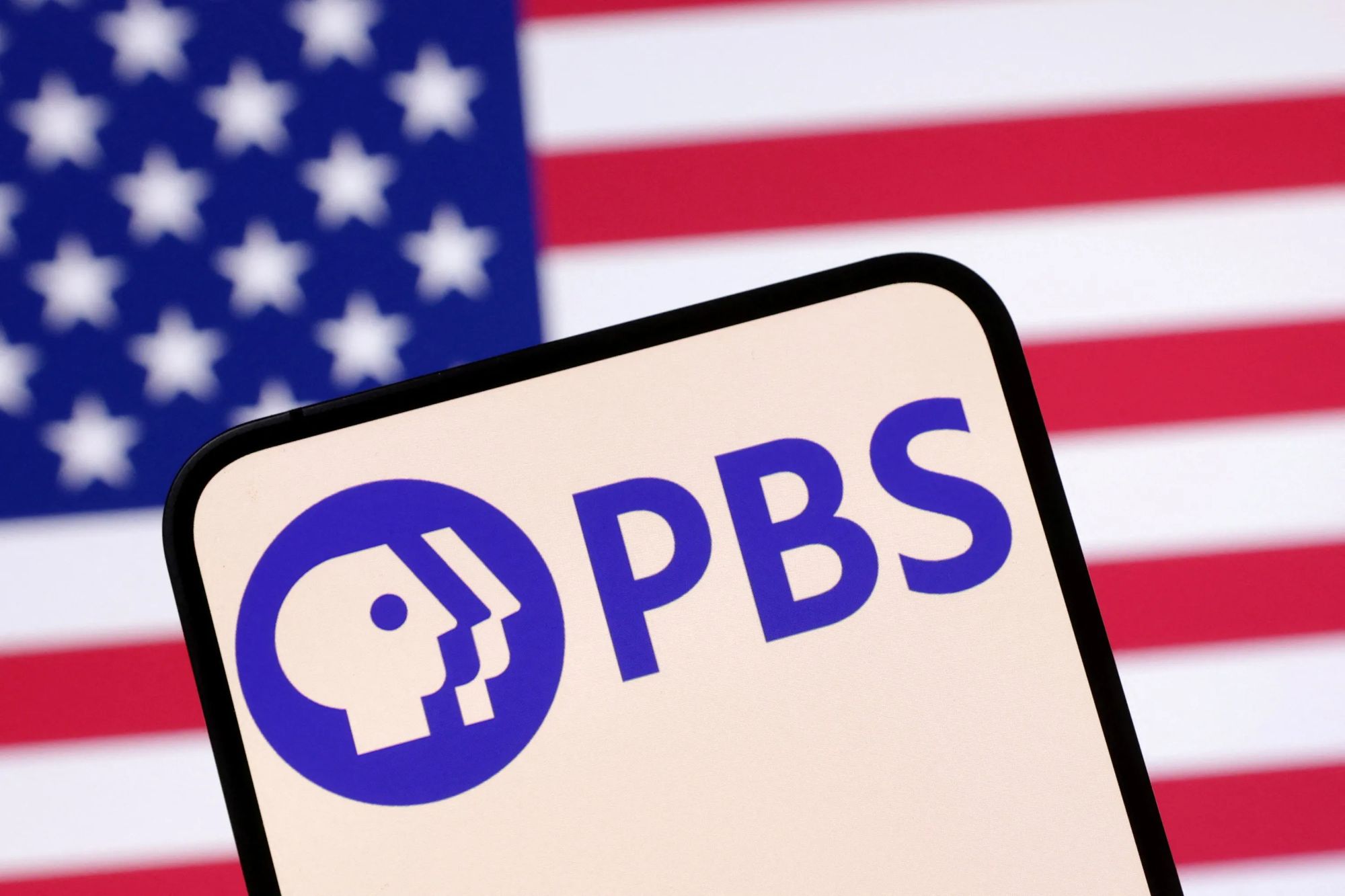BREAKING NEWS: In a historic move, Congress has voted to defund both NPR and PBS, marking a significant shift in public broadcasting funding. This decision, announced just moments ago, will relieve U.S. taxpayers from financially supporting what many critics describe as biased media outlets.
This urgent development raises immediate questions about the future of public broadcasting in America. Supporters of the decision argue that taxpayer money should not fund media perceived as politically slanted, while critics warn it could lead to a loss of vital access to information, particularly in rural areas.
Ken Burns, the acclaimed filmmaker known for his documentaries on PBS, expressed concern that without public broadcasting, essential services such as weather forecasts may be jeopardized for farmers. However, many argue that modern technology, including GPS and AI, has rendered traditional broadcasting methods obsolete for agricultural needs.
Critics of public funding cite the increasing perception of NPR and PBS as platforms for liberal viewpoints. Katherine Maher, CEO of NPR, has faced backlash for her controversial remarks about former President Donald Trump, labeling him a “deranged, racist sociopath.” This statement and others have fueled the fire for those advocating for the defunding.
Additionally, the decision raises concerns about the impact on children’s programming. While supporters claim public broadcasting serves important educational purposes, many point out that successful children’s shows, such as “Sesame Street,” have already transitioned to partnerships with commercial platforms like HBO and Netflix.
As Congress moves forward with this decision, public reaction is split. Supporters of the defunding argue that private funding and market-driven programming can sufficiently provide quality content for audiences. They emphasize that if public broadcasting is valuable, viewers will willingly contribute financially, evident from ongoing fundraising efforts.
Opponents, however, fear the loss of diverse programming that public broadcasters offer, particularly in underserved communities. They highlight that PBS and NPR have been critical sources of news that challenge the status quo, despite allegations of bias.
Moving forward, all eyes will be on Congress as they finalize the implications of this decision. What happens next could reshape the landscape of media consumption in the United States. As reactions continue to pour in, the debate over the role of government in media funding is set to intensify.
Stay tuned for updates as this story develops.








































































